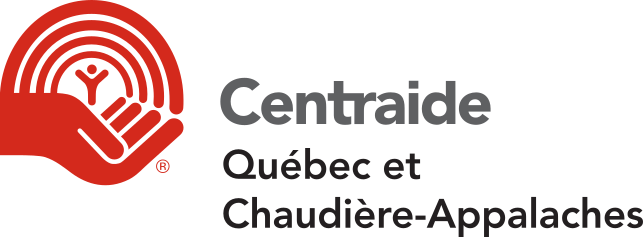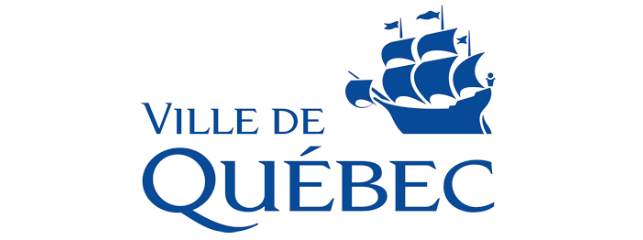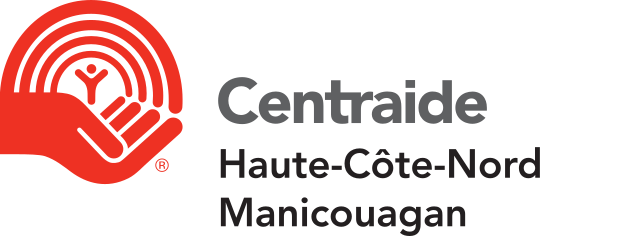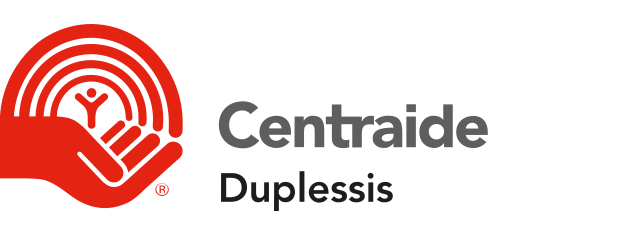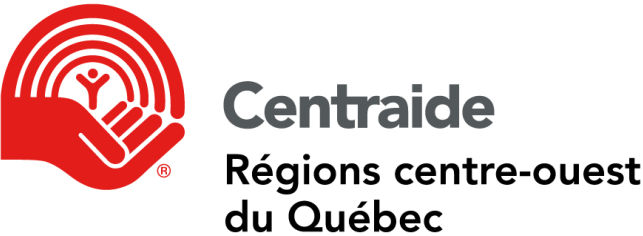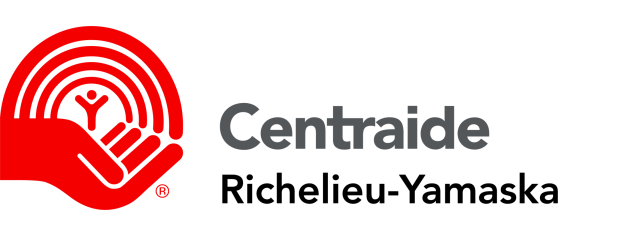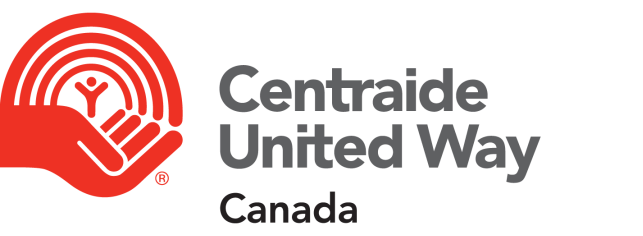[ Browse by Service Category : Topics Related to Employment Insurance Benefits Assistance (2) ]
Labour and Employment Law
Programs that provide legal assistance for people who want to establish employment practices that will minimize or eliminate problems in the employment area or who need to resolve a dispute or initiate or respond to litigation which relates to their role as employers or employees, their rights and obligations. Labour and employment law deals with a variety of issues including wage and hour compliance, workplace health and safety, interview and hiring practices, employee contracts, employee benefits, maternity/paternity leaves, medical leaves, supervision and discipline, workplace privacy, workplace violence, sexual harassment and wrongful termination.
Employment Insurance
A federal program operated by Employment and Social Development Canada that provides temporary financial assistance for a period of time to eligible individuals who become unemployed and are either actively looking for work or upgrading their skills. Employment insurance may also cover individuals who are sick, pregnant or caring for a newborn or adopted child. Eligibility for benefits is dependent on payment of employment insurance deductions while employed. Regular benefits are paid to persons who have lost their job through no fault of their own (for example, due to a shortage of work, seasonal or mass lay-offs). Self-employed individuals within the fishing industry may also apply for benefits. A compassionate care benefit may also be paid to persons who have to be away from work temporarily to provide care or support to a family member who is gravely ill with a significant risk of death. Applicants for regular benefits must apply as soon as acquiring a Record of Employment (ROE) from their last employer. If an ROE is not received within 14 days of the last day of work, an application should be made regardless, with the provision of proof of employment such as pay stubs. A claim must be made within four weeks of the last day of work. There is a two week waiting period for benefits and the first payment is generally received about four weeks after the initial claim. During this period, individuals can apply for social assistance, although this may result in deductions in the eventual EI payments. Generally, EI benefits may be received for around six months. However, the length of time varies in different parts of the country depending on local employment conditions. Maternity, parental and adoption benefits for residents of Quebec are administered by the province of Quebec under the Quebec Parental Insurance Plan (QPIP).
The above terms and definitions are part of the Taxonomy of Human Services, used here by permission of INFO LINE of Los Angeles.

